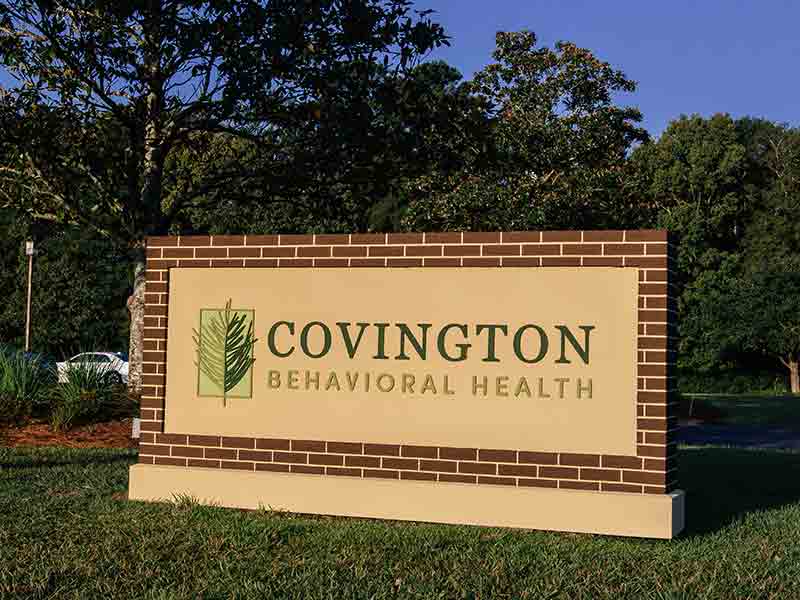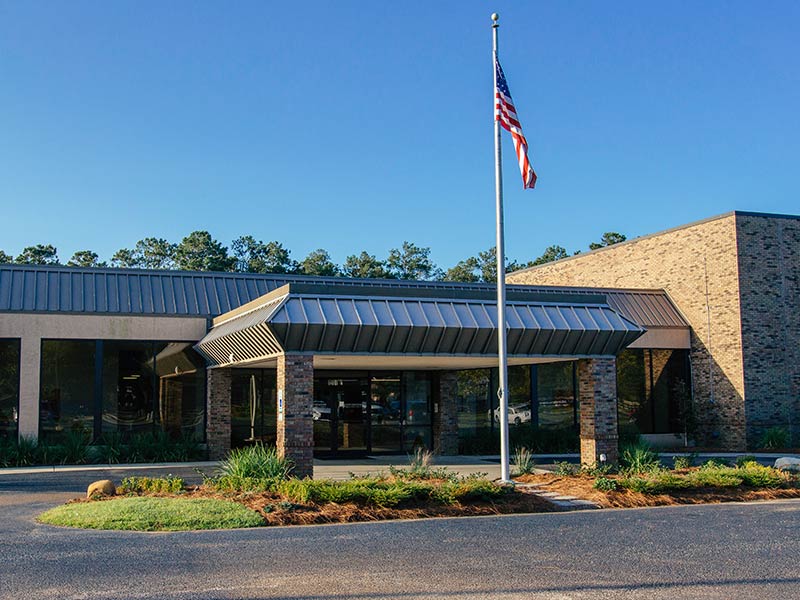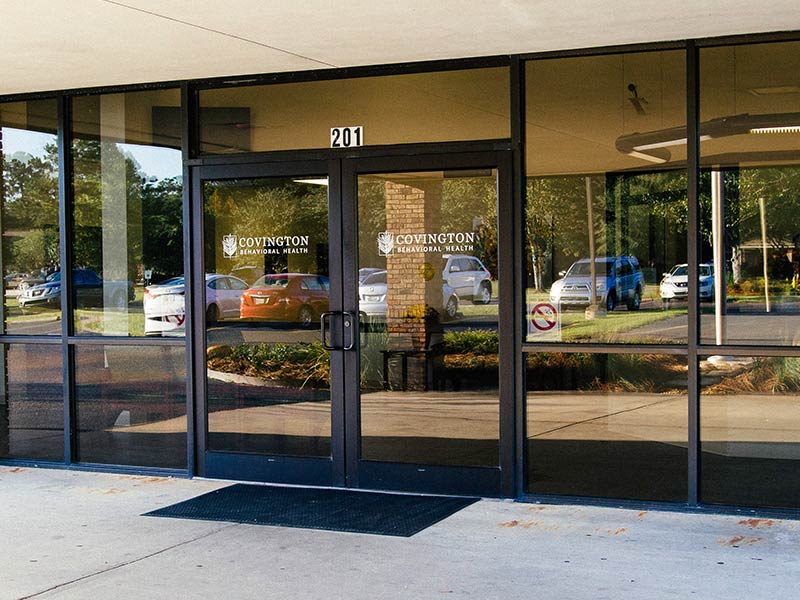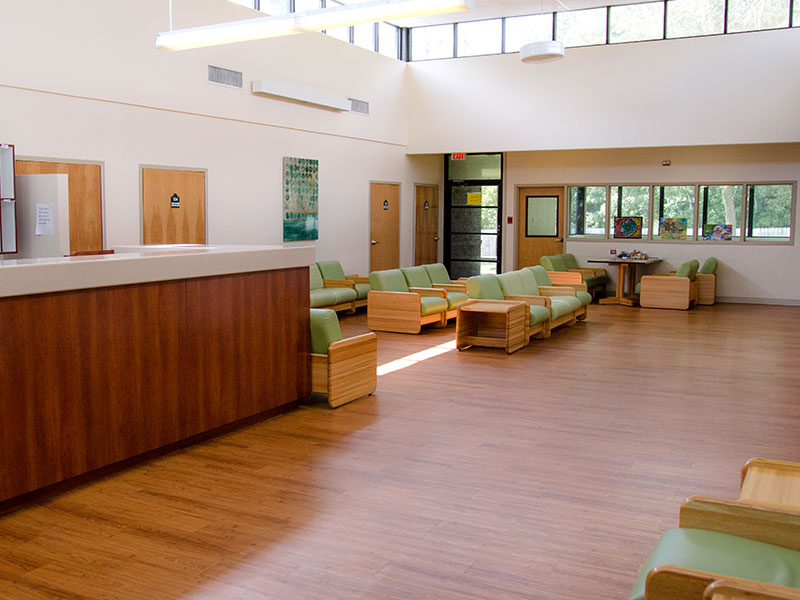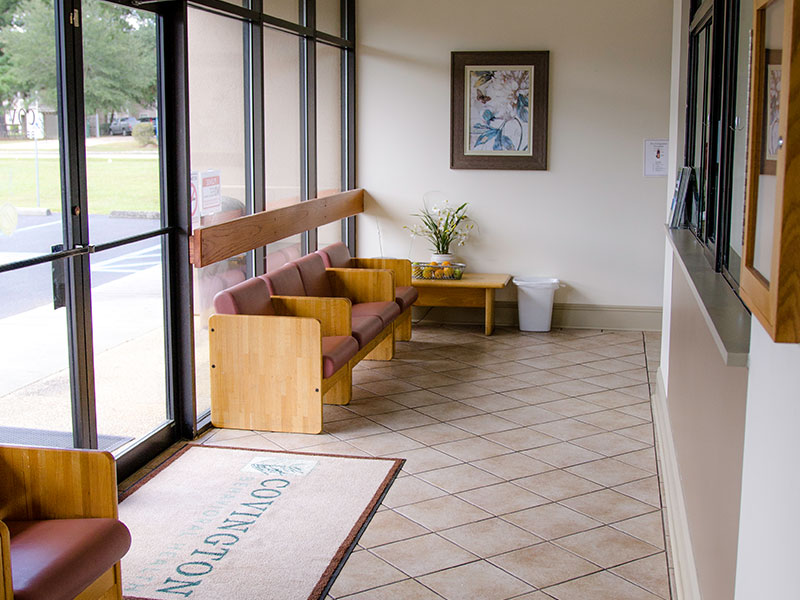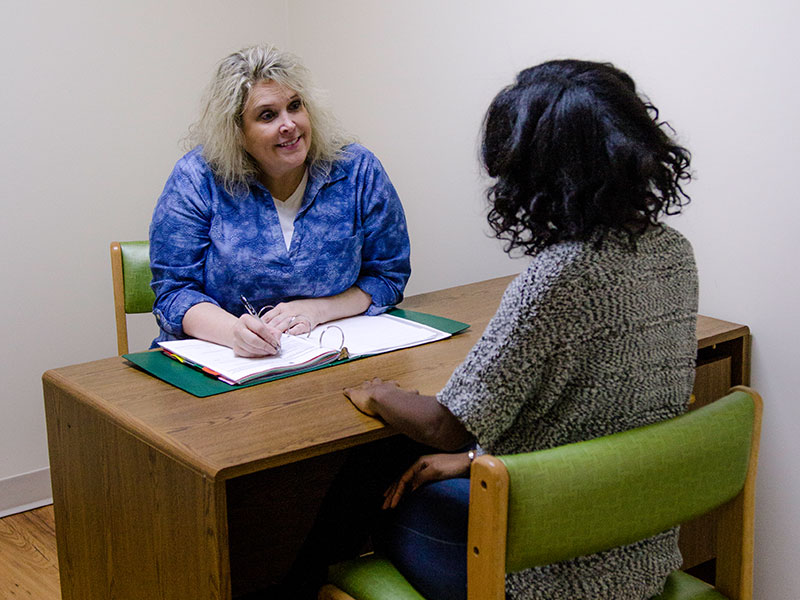At Covington Behavioral Health, we believe education is an important first step in the effort to heal from trauma. Understanding the signs, symptoms, and effects of trauma can help you get the right type and level of care for yourself or a loved one.
Understanding Trauma
Learn about trauma
Experiences that cause significant physical or emotional distress, and are out of an individual’s control are traumatic. Many people experience traumatic events, such as car accidents, natural disaster, some type of violence, or sudden loss. Trauma can vary in degree and severity. Because every individual is unique, two people may experience a similar trauma in different ways.
Some examples of traumatic experiences include, but are not limited to:
- Experiencing or having to witness violence or abuse
- Experiencing or witnessing a bad automobile accident
- Experiencing natural disasters such as floods, mudslides, tornados, earthquakes, or fires.
- Being threatened with or experiencing physical or sexual injury or assault
- Witnessing or learning about threat or injury to a loved one or a close person
- Experience in war or as a prisoner of war (P.O.W.)
- Medical accidents or frightening, uncontrolled hospital experiences
- Experiencing ongoing, intense or frightening verbal abuse
- Torture or imprisonment
- Being a victim of sex trafficking, rape, or other sexual assault
- Experiencing a terrorist attack
- Contact with riots, explosions or other severe civil unrest
- Being held hostage or having been kidnapped
Trauma can change the way we view the world. In some cases, trauma leads to trauma and stressor related disorders, or it may lead to substance abuse as the individual tries to cope. Supportive treatment at a hospital or center for trauma can help each individual cope in a safe, understanding environment.
Without treatment at a hospital or center for unresolved trauma, everyday life will be colored through the lens of anxiety and the strong memories of the traumatic incident. Because trauma rewires the human threat response and changes our thinking, daily living can be impacted by trauma. However, modern trauma treatment, such as that provided at at Covington Behavioral Health in Covington, LA, allows individuals to return to normal functioning and reclaim their lives.
Statistics
Trauma statistics
Approximately 70% of all adult residents of the United States have had a traumatic experience in the past. An estimated 5% of that population will develop post-traumatic stress disorder (PTSD). The majority of trauma cases in the U.S. involve physical violence, rape or sexual assault, an unexpected death of a loved one or an automobile accident.
Signs and Symptoms
Signs and symptoms of trauma
Reactions to trauma may not be immediate or obvious. They may be confused for normal reactions, given the circumstances. Warning signs of trauma do not always appear in every person, but if a person is in danger of experiencing problems related to the trauma, it is essential to seek treatment immediately.
Symptoms often occur after an individual has been reminded of the trauma. These reminders are often called “triggers,” because they initiate a trauma-related response. Some of the common signs and symptoms of problematic trauma reactions include:
Physical symptoms:
- Fast and exaggerated startle response
- Sweating or shaking
- Difficulties sleeping or staying asleep
- Hyperventilating or difficulty breathing
- Tension in body and muscles
- Body aches and pains
- Exhaustion or chronic fatigue
- Increased heart rate
Behavioral symptoms:
- Acting out or behaving inappropriately
- Instigating arguments or conflict
- Engaging in risky behavior
- Avoiding places, objects and things associated with the trauma
- Restlessness, fidgety movement
- Isolating, or avoiding people
- Engaging in compulsive behavior in order to avoid emotions
- Missing out on activities that were previously enjoyable
- Using drugs or alcohol to escape negative emotions and thoughts
Psychosocial symptoms:
- Excessive worry, fear and anxiety
- Poor self-esteem
- Sadness and hopelessness
- Mood swings or sudden rage
- Hostile behavior
- Shame or guilt
- Lack of interest in activities
- Self-blame
Cognitive symptoms:
- Unpleasant or disturbing dreams
- Troubling or intrusive memories
- Difficulty concentrating
- Feeling detached from reality
- Flashbacks, feeling like the trauma is happening again
- Feeling “out of body”
- Confused thinking, inability to organize linear events
Thankfully, these symptoms can be lessened with professional care at a treatment center or hospital.
Effects
Effects of trauma
If the uncomfortable emotions related to trauma are not treated at a hospital or center, more troubling experiences may result. Untreated trauma may result in the following distressing experiences:
- Development of anxiety, PTSD, depression or other mental health concerns
- Relationship conflict or loss of friendships or relationships
- Inability to gain employment or maintain employment
- Financial problems
- Repercussions related to anger or impulsive decisions
- Physical health problems
- Suicidal ideation, threats of suicide or suicide attempts
- Development of substance abuse, dependency, or addiction
Co-Occurring Disorders
Trauma and co-occurring disorders
The following mental health conditions commonly co-occur with symptoms of trauma and PTSD:
- Anxiety disorders
- Depression
- Bipolar disorder
- Substance use disorder
- Obsessive-compulsive disorder
Why Consider Treatment
Why consider treatment for trauma at Covington Behavioral Health in St. Tammany Parish
Nothing can change a traumatic experience once that moment has passed. But there is no question that a trauma can leave an individual with feelings of anxiety, loss of control, and sometimes shame or regret. These emotions may not always make logical sense, but they are part of many trauma experiences.
Traumatic experiences often leave individuals feeling stuck in the past. The symptoms of trauma may hold the trauma survivor back from achieving goals and dreams. Without treatment at a center or hospital, the symptoms of trauma will go on to affect the survivor and his or her loved ones. No one deserves to live a life plagued by a terrible past experience. Treatment from high-quality hospitals and centers can reverse the effects of trauma and save the survivor’s quality of life if not that person’s actual physical life.
Inpatient treatment at a center or hospital is an incredibly effective setting for trauma recovery. The safe environment and experienced, dedicated staff of a reputable treatment facility can offer a comprehensive, yet individualized treatment plan for each trauma survivor in treatment at a hospital or center. Because trauma essentially hijacks an individual’s brain, trauma survivors often have difficulty feeling safe or recognizing healthy situations as opposed to unhealthy situations. Any trauma survivor can benefit from around-the-clock care in order to most effectively diagnose issues resulting from trauma.
Treatment at a hospital or center for trauma allows individuals to take a logical look at behavior and thinking patterns, but still benefit from clinical understanding of trauma. Trauma can make individuals feel like they are “going crazy,” but the truth is that trauma does change the brain in some ways. The uncomfortable, often irrational feelings related to trauma are hard-wired. Comprehensive cognitive and behavioral approaches, combined with appropriate medical care to rule out any underlying conditions, will help re-wire the brain into happier, healthier functioning. It is possible to feel normal again after trauma.
Inpatient treatment centers and hospitals offer many benefits. Doctors can also treat any co-occurring or pre-existing mental health symptoms. Individual and group therapy can help in a number of ways. Individuals may gain a lot from spending time working with other individuals who understand what it is really like to experience trauma. Trauma specialists truly understand how trauma impacts the brain and can offer real methods and ways to help. Wellness is possible.
At Covington Behavioral Health, our ultimate goal is to provide the focused, effective, and personalized care that can improve the quality of life for all who are entrusted into our center’s care. For more information about our center’s services, please do not hesitate to contact us at your convenience. We look forward to answering all of your questions and helping you determine if Covington Behavioral Health is the perfect place for you or your loved one.





